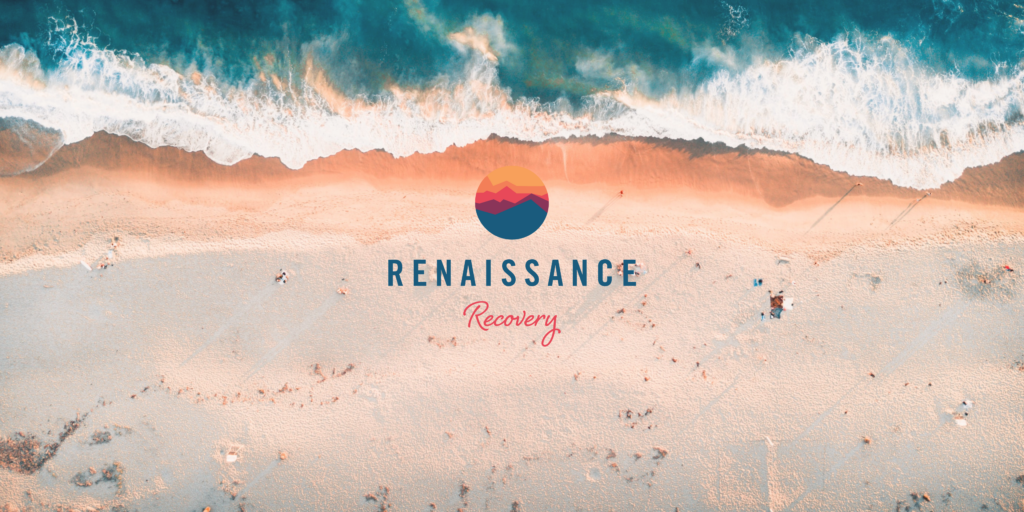There are many common misconceptions about rehab. Myths and misinformation can deter people who genuinely need help from connecting with evidence-based addiction treatment.
The latest data from SAMHSA shows that while almost 49 million people in the US were addicted to drugs or alcohol in the previous year, only 10 million ever attended an addiction treatment program.
Need help getting addiction treatment?
With overdose being the leading cause of accidental death in Americans ages 18-45, it’s absolutely critical that people struggling with addiction get the support they need to overcome it.
While there are many reasons for people failing to go to rehab, addressing the common misconceptions and fears about addiction treatment can help persuade someone to get help.
10 Misconceptions about Rehab
- People need to hit rock bottom before going to rehab
- Addiction treatment is unaffordable for most people
- Going to rehab endangers job security
- Rehab is a quick fix for addiction
- Life goes on hold when someone goes to rehab
- Rehab is only for celebrities
- Residential rehab offers guaranteed success
- Once in rehab, always in rehab
- Motivation is mandatory
- All rehabs are the same

1) Rehab is only for celebrities
Contrary to the glamorized portrayal in media that rehab is a sanctuary reserved for celebrities, addiction treatment services provide essential care that’s accessible to more than a million U.S. adults every year, including people from all walks of life.
2) Addiction treatment is unaffordable for most people
The myth that rehab is unaffordable stems from high-profile coverage of luxury rehab centers in the media. In reality, rehab facilities exist on a broad continuum of care, offering a range of treatment options suitable for differing budgets. Outpatient treatment is the most flexible and affordable option for rehab. Additionally, most major health insurance plans now offer full or partial coverage for addiction treatment.
3) People need to hit rock bottom before going to rehab
The misconception that rehab is the last resort after hitting rock bottom delays many people from seeking timely treatment. Early intervention streamlines the recovery process due to the progressive nature of addiction (substance use disorder). There’s no need for anyone to wait until disaster strikes before reaching out for help.
4) Going to rehab endangers job security
Many people fear job loss as a result of attending rehab. Protections like FMLA (Family and Medical Leave Act) and ADA (Americans with Disabilities Act) provide a safety net, enabling individuals to seek addiction treatment without the threat of losing their livelihoods. Open communication with employers and exploring employee assistance programs can offer supplementary support.
5) Rehab is a quick fix for addiction
Rehab is not a magical cure for addiction, which is a chronic but treatable condition. Rather, when someone goes to rehab, it signifies the beginning of an ongoing process that may not be linear – up to 60% of people who go to rehab will relapse during ongoing recovery. Effective rehab centers deliver treatment that helps people uncover and address the underpinning causes of addiction, develop healthy coping skills, and require ongoing engagement with support systems after discharge.
6) Life goes on hold when someone goes to rehab
The belief that entering rehab means putting life on hold is outdated. People can engage with outpatient treatment programs at varying intensity levels. Outpatient treatment involves someone attending therapy sessions around existing commitments.
7) Residential rehab offers guaranteed success
Although inpatient treatment may offer intensive and immersive care, it’s not the only pathway to recovery, and it should not be equated with guaranteed success. Addiction is a relapsing disorder, regardless of the delivery method of treatment. Research shows that most mild addictions can be treated equally well with intensive outpatient treatment.
8) Once in rehab, always in rehab
Returning to rehab is never a sign of failure. It’s a reflection of the chronic nature of all addictions. The recovery journey often involves setbacks, and re-entering treatment demonstrates commitment and resilience.
9) Motivation is mandatory
It’s a common belief that someone must be fully motivated for rehab to be effective. Ambivalence toward recovery is normal, though, and most rehabs are skilled at cultivating motivation in those engaging with treatment, often igniting a powerful desire for change as therapy unfolds at inpatient or outpatient rehab.
10) All rehabs are the same
Believing that all rehabs are the same overlooks the diversity in treatment methodologies, philosophies, and specializations. The effectiveness of rehab is highly dependent on finding a program that aligns with the person’s unique needs, circumstances, and preferences.

Get Effective & Compassionate Addiction Treatment at Renaissance Recovery
If you or a loved one needs effective and compassionate addiction treatment, reach out to Renaissance Recovery in Southern California.
We can connect you with licensed medical detox centers throughout the state if you need help with drug or alcohol withdrawal. After addressing the issue of physical dependence, you can transition to ongoing outpatient treatment at our facilities in Huntington Beach, CA, and Palm Beach, FL.
Due to the unique presentation of all drug and alcohol addictions, Renaissance treatment programs are personalized and targeted. Therapies may include:
- Medication-assisted treatment
- Psychotherapies
- Motivational therapies
- Counseling (individual and group)
- Family therapy
- Holistic treatments
- Aftercare planning
Call Renaissance at 866.330.9449 and begin your recovery right away.



